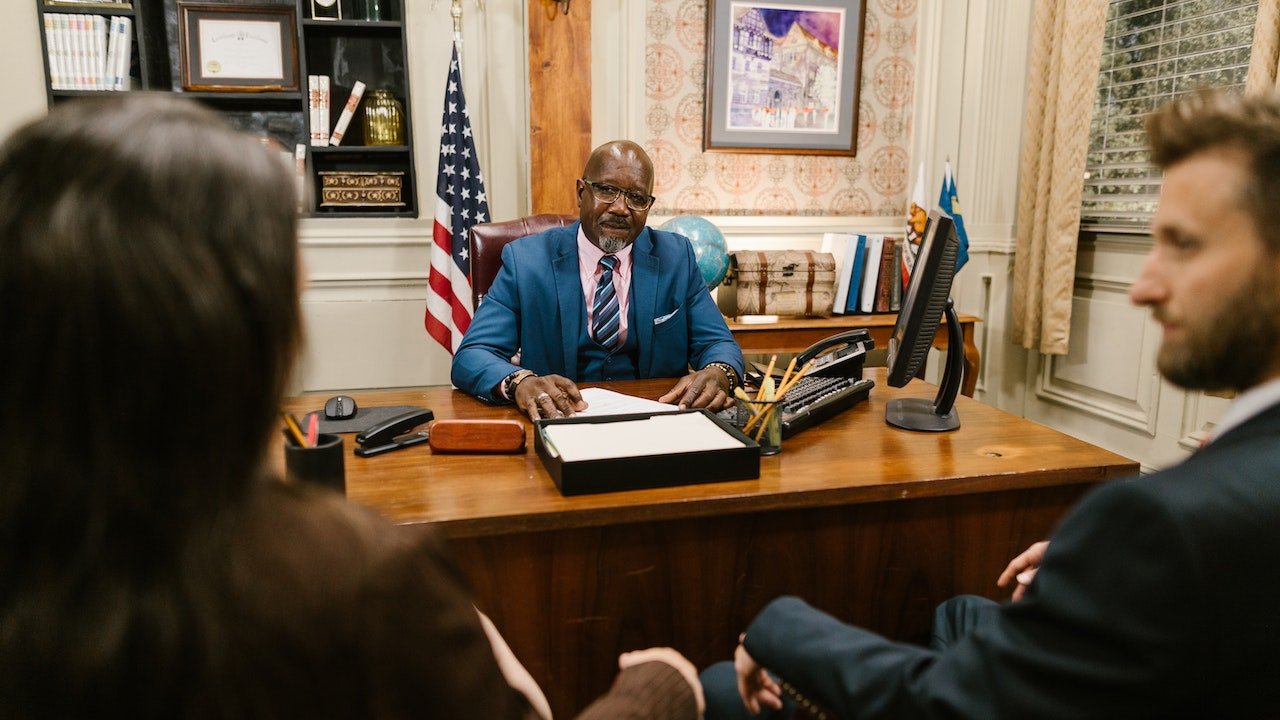The Divorce Recovery Roadmap: Healing and Moving Forward

Divorce is a challenging and emotionally taxing experience that can leave individuals feeling lost, overwhelmed, and unsure of how to move forward. However, it’s important to remember that healing is possible, and there is a roadmap to guide you through recovery. In this article, we will explore the journey of divorce recovery, from understanding the stages of grief to rebuilding your life and finding happiness once again.
Contents
Understanding the Stages of Divorce Recovery
Shock and Denial
The initial stage of divorce recovery often involves shock and denial. It can be challenging to accept the reality of the situation, and many individuals may find themselves in a state of disbelief or numbness.
Anger and Bargaining
As reality sets in, feelings of anger and bargaining may arise. It’s normal to experience anger towards your ex-spouse or the circumstances surrounding the divorce. You may also find yourself bargaining, trying to negotiate with fate, or making deals to reverse the situation.
Depression and Loneliness
Depression and loneliness are common emotions experienced during divorce recovery. It’s normal to grieve the loss of the relationship and the life you once knew. Many individuals may struggle with feelings of sadness, isolation, and despair during this stage.
Acceptance and Moving Forward
The final stage of divorce recovery is acceptance and moving forward. While it may take time, eventually, you will reach a point where you can accept the reality of the divorce and begin to focus on rebuilding your life. This stage is characterized by peace, closure, and readiness to embrace the future.
Coping Strategies for Divorce Recovery
Seek Support
One of the most important coping strategies during divorce recovery is seeking support from friends, family, or a therapist. Surrounding yourself with a supportive network can provide comfort, validation, and guidance as you navigate this challenging time.
Practice Self-Care
Self-care is essential for promoting emotional well-being during divorce recovery. Make time for activities that bring you joy and relaxation, such as exercise, hobbies, or spending time in nature. Prioritize your physical and mental health as you heal from the trauma of divorce.
Engage in Healthy Distractions
While it’s essential to process your emotions, it’s also helpful to engage in healthy distractions to take your mind off the pain of divorce. Whether pursuing a new hobby, volunteering, or traveling, finding ways to occupy your time and focus your energy on positive experiences can aid in the healing process.
Set Realistic Goals
Setting realistic goals can provide direction and motivation as you rebuild your life post-divorce. Start by identifying small, achievable goals that align with your values and aspirations. Celebrate your progress and remain flexible in adapting to unexpected challenges or setbacks.
Professional Help: Therapy and Counseling
Benefits of Therapy
Therapy and counseling can be invaluable resources for individuals navigating divorce recovery. A trained therapist can offer unbiased support, guidance, and coping strategies to help you process your emotions and develop healthy coping mechanisms.
Read More: Saying Goodbye: Coping with Divorce
Types of Therapy Available
There are various types of therapy available to support individuals through divorce recovery, including individual therapy, group therapy, and family counseling. Each modality offers unique benefits and can be tailored to meet your needs and preferences.
Rebuilding Your Identity
Rediscovering Yourself
Divorce offers an opportunity for self-discovery and personal growth. Take this time to reconnect with your interests, values, and passions. Rediscover yourself and embrace the opportunity to create a new identity independent of your former relationship.
Setting New Life Goals
As you embark on this journey of self-discovery, consider setting new life goals that align with your values and aspirations. Whether pursuing a new career, traveling the world, or cultivating meaningful relationships, use this opportunity to envision the life you want to create for yourself moving forward.
Forgiveness and Letting Go
Why Forgiveness is Important
Forgiveness is a crucial aspect of divorce recovery, not only for your ex-spouse but also for yourself. Holding onto resentment and anger only prolongs your suffering and impedes your ability to move forward. By practicing forgiveness, you free yourself from the emotional burden of the past and open yourself up to healing and growth.
How to Forgive and Let Go
Forgiveness is a process that takes time and patience. Start by acknowledging your pain and allowing yourself to feel and express your emotions. Practice empathy and compassion towards yourself and your ex-spouse, recognizing that everyone makes mistakes and deserves forgiveness. Ultimately, forgiveness is a gift you give yourself, allowing you to release the past and embrace future possibilities.
Co-Parenting After Divorce
Importance of Cooperation
If you share children with your ex-spouse, co-parenting effectively is essential for their well-being and adjustment to the divorce. While it may be challenging, prioritizing cooperation, communication, and flexibility can help minimize conflict and create a supportive co-parenting dynamic.
Tips for Effective Co-Parenting
Maintain open lines of communication with your ex-spouse regarding parenting decisions and schedules. Focus on the best interests of your children and prioritize their emotional needs. Set clear boundaries and expectations for co-parenting responsibilities. Be flexible and willing to compromise when necessary for your children’s well-being.
Embracing Change and Growth
Embracing New Opportunities
Divorce represents an opportunity for growth, reinvention, and the pursuit of happiness. Embrace this new chapter of your life as a chance to explore new possibilities, cultivate meaningful connections, and pursue your dreams with renewed vigor and determination.
Finding Happiness in the New Chapter of Life
Happiness after divorce is not only possible but attainable. By letting go of the past, embracing change, and focusing on creating a fulfilling and purposeful life, you can find joy and contentment in the present moment and look forward to a brighter future.
Read More: The Divorce Dilemma: Deciding When to Walk Away
Conclusion
Divorce recovery is a challenging journey that requires courage, resilience, and self-compassion. By understanding the stages of grief, implementing coping strategies, seeking professional help when needed, and embracing change and growth, you can navigate the path to healing and move forward with confidence and optimism.
FAQs
Is it normal to feel overwhelmed during divorce recovery?
Yes, it’s entirely normal to feel overwhelmed by a range of emotions during divorce recovery. Allow yourself to feel and process these emotions in your own time.
How long does it take to recover from a divorce?
The timeline for divorce recovery varies for each individual. It depends on various factors, such as the length of the marriage, the reason for the divorce, and the level of support available.
Should I seek professional help during divorce recovery?
Seeking professional help such as therapy or counseling can be beneficial for many individuals navigating divorce recovery, providing additional support and guidance during this challenging time.
How can I support my children through the divorce process?
Prioritize open communication, reassurance, and stability for your children during divorce. Encourage them to express their feelings and concerns and seek professional support.
Is it possible to find love again after divorce?
Yes, many individuals find love and happiness again after divorce. Focus on healing and self-discovery, and trust that the right person will come into your life when the time is right.





